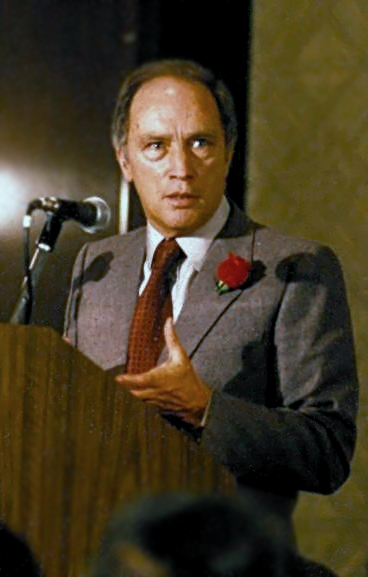From a post I had missed when it was published in February but which deserves to be linked to over and over:
“The USDA routinely disburses $10 billion to $30 billion a year in farm subsisdies. President Obama has allocated $47 billion for the State Department and USAID for the next fiscal year (not including proposed expenditures for Afghanistan, Iraq, and Pakistan).
Why does the U.S. simultaneously fund domestic agricultural subsidies and foreign aid? The policies oppose each other. When it comes to promoting development opportunities for farmers around the globe, one of USAID’s ostensible goals, the left hand of the U.S. binds its right.
Agricultural subsidies primarily benefit corporate farmers, distort world food prices, and nudge us to eat ridiculous amounts of high-fructose corn syrup. But these policies are longstanding, seemingly immutable, and have support on both sides of the political aisle, as Jonathan Rauch elegantly and exhaustively describes in Government’s End.”
For me, the answer to the question in the title probably lies in a combination of the rational ignorance of some voters and in the mistaken belief among politicians that there is such a thing as a free lunch.

Is Quebec Separatism Irrelevant?
From an article in The Economist:
“Quebec’s status has blighted Canadian politics for almost half a century. As recently as 1995 a referendum on independence was lost by barely a percentage point. Two out of five Quebeckers continue to tell pollsters they want separation. Yet if not dead, there are many signs that separatism has slumped into a deep coma.